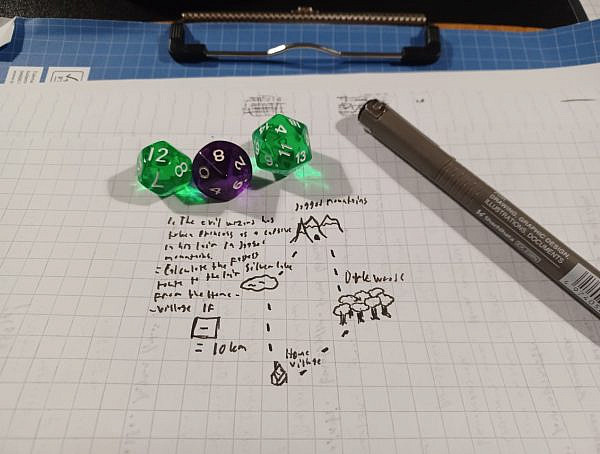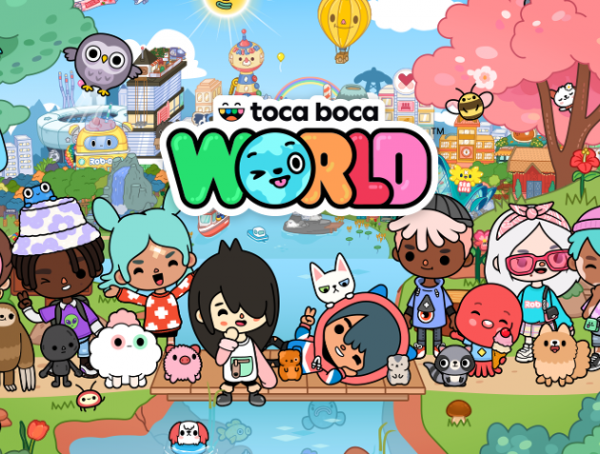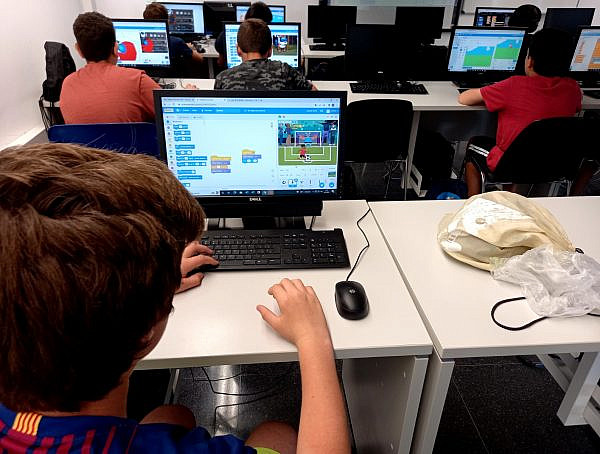#seriousgames, game alike activities and technologies can be adopted and adapted in to #education by using #opensource tools.
In an article “Keep it Simple: Lowering the Barrier for Authoring Serious Games” published in Simulation & Gaming Vol. 46, 2015 – Roland Klemke and others have researched to what extent game templates and game authoring processes can be designed so that they can be engaged by teachers while only using open source tools. The study evaluates two game platforms: ARGUMENT, based on a wiki, and ARLEARN a toolkit based on open source Google technologies. In the study, educators designed game scenarios based on those two platforms and students played the resulted serious games.
In the ARGUMENT –game, teams of players argue pro or against a given statement following fixed set of rules and get scores. The educational benefits are to find and connect information, to discuss and defend the topic and to dispute issues raised. The game itself has to be constructed by the teacher in Wikispaces (or preferred wiki) and there’s a helping template for that. ARLEARN, in turn, is a reusable game logic description that can be applied to different solutions. In the study there were three serious game concepts: a location-based virtual scenario, a mobile platform game and a location-based mobile game. They all used Google technologies (e.g. Google StreetView). Their educational point of view was to allow players to be in different roles in teams and support mobile and web-based principles, mixed reality scenarios, game’s reuse and reflection of purposes. Teachers were responsible for the game scenarios, storyboards and the game scripts. The technology specialists helped to make games playable. In both cases teachers had no earlier experience about authoring or designing games.
The researchers observed the teachers and asked feedback from both teachers and students. The results showed that the teachers are able to use the tools for various games and learning topics and that the tools offer enough variety to create different games. In a wiki, copying pages was considered time-consuming and ARGUMENT didn’t offer a game-like feeling, still, the final judgement was positive because of the inspiration to start using wikis and including competitive and collaborate elements. In ARLEARN’s mobile game approach was found positive that the game allowed learning goals individually but still guided. GPS and the prototypical feel gave some problems. Teachers’ main difficulty was to structure the learning material to game format and they were untrustworthy towards their game development skills. The ARLEARN approach involved more support to the teachers because it had more technical elements. The students found ARLEARN more immersive and motivating. The experience was heavily depended on the storyboard. The limitation of the study is the relatively small number of participants so empirical evidence might not be generalized.
The study gave the researchers two core future directions. The continuous development and improvement of the authoring tools and processes toward an end-user friendly solution is needed. Also the development of tailorable game templates for the different game scenarios is important for simplifying and speeding up teachers’ serious game development processes.
Source: Klemke, R., Rosmalen P., Ternier, S. and Westera, W. Keep It Simple: Lowering the Barrier for Authoring Serious Games. Simulation & Gaming, February 2015 vol. 46 (1), p. 40-67. (http://sag.sagepub.com/content/46/1/40.abstract)
You might also like
More from Game Research Highlights
How do you want to do this? – A look into the therapeutic uses of role-playing games
Can playing RPGs contribute positively to your wellbeing? A recent study aims to find out how RPGs are being used …
Eldritch horrors and tentacles – Defining what “Lovecraftian” is in games
H.P. Lovecrafts legacy lives today in the shared world of Cthulhu Mythos and its iconic monsters. Prema Arasu defines the …
Are Souls Games the Contemporary Myths?
Dom Ford’s Approaching FromSoftware’s Souls Games as Myth reveals the Souls series as a modern mythology where gods fall, desires …















